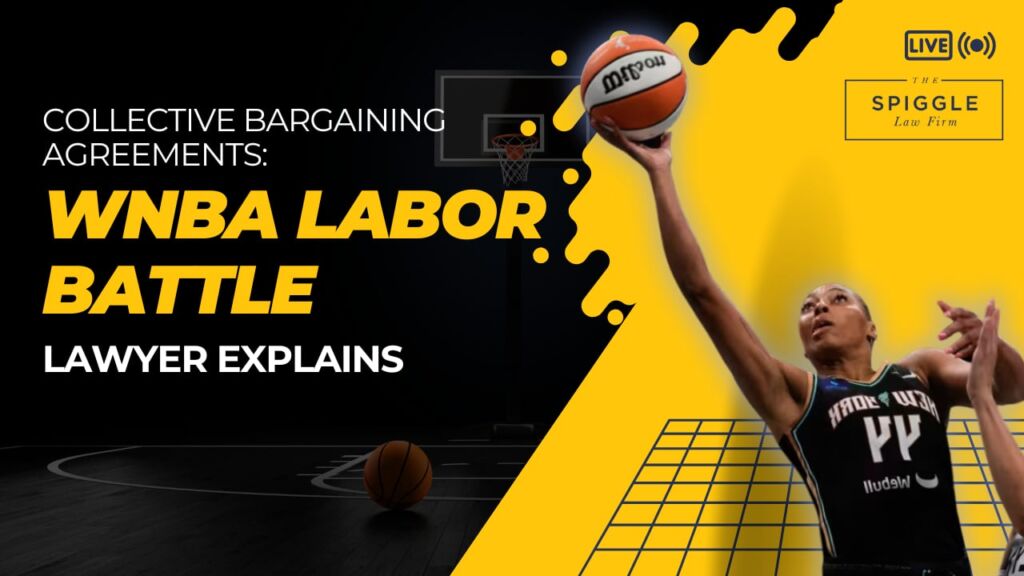The WNBA’s Labor Battle – What Business Can Learn From Collective Bargaining In Sports
The New York Liberty’s triumph over the Minnesota Lynx in a dramatic overtime game to secure their first WNBA championship marked the end of an exciting season. But as the players celebrate, a new challenge has arisen: the WNBA Players Association has opted out of its current collective bargaining agreement, two years before its expiration. This move signals a potential work stoppage if the players and the league cannot negotiate a new agreement by the end of the 2025 season.
Why Collective Bargaining Matters in Business
At its core, a collective bargaining agreement is about balance—between the employer’s interests and the employees’ rights. In the WNBA, players are demanding a CBA that reflects the league’s success, with higher salaries, better working conditions, and greater equity in the league’s financial growth. This mirrors the challenges faced in many businesses, where employees seek fair compensation and better conditions as their companies grow.
The WNBA’s decision to move to all-charter travel this season and its expansion plans—adding three new teams by 2026—underscore the rapid growth the league is experiencing. As businesses expand, employees often expect to share in that success, and in this case, WNBA players are pushing for a business model that reflects their contributions to the league’s increased revenues.
What Employers Can Learn
For businesses, the WNBA’s CBA process offers valuable lessons in negotiation, transparency, and the need for aligning employee compensation with business success.
Three key lessons business leaders can learn from the WNBA’s CBA process:
- Revenue Sharing: As the WNBA’s players demand a stake in the league’s growing revenues, businesses can similarly benefit from offering profit-sharing or bonuses. This fosters loyalty and helps retain top talent by ensuring that employees see the benefits of company success.
- Work-Life Balance: The players’ push for improved child care and family planning benefits highlights a growing need across industries for policies that support work-life balance. Companies that invest in flexible work arrangements or family benefits are likely to see higher morale and productivity.
- Equity in Growth: With the WNBPA advocating for a new economic model that moves beyond arbitrary caps and restrictions, businesses should consider how to create more transparent and equitable systems of compensation and career advancement, addressing pay disparities and creating opportunities for growth.
Summing It Up
As the WNBA’s players prepare for tough negotiations, their situation serves as a reminder that collective bargaining is a powerful tool for shaping the future of both employees and businesses. The lessons learned from this high-profile labor battle can help businesses foster better relationships with their own employees and ensure long-term success. Whether through profit-sharing, improved working conditions, or more equitable business models, companies that listen to their employees and respond to their needs will be better positioned for growth and stability.





